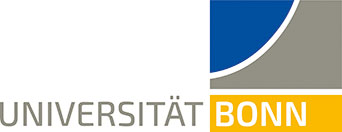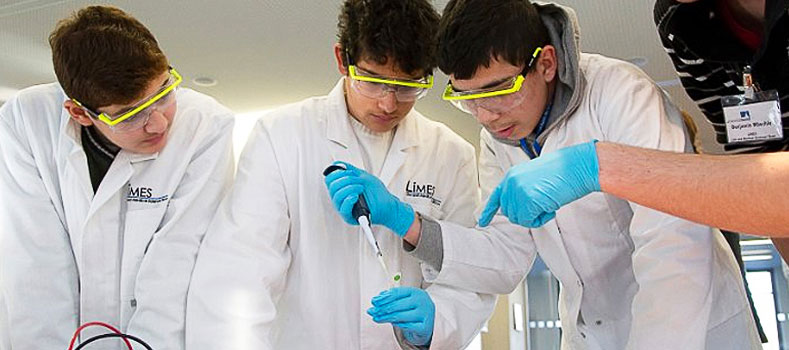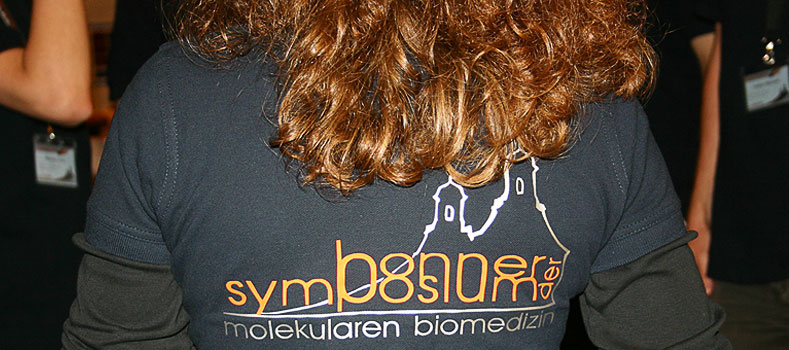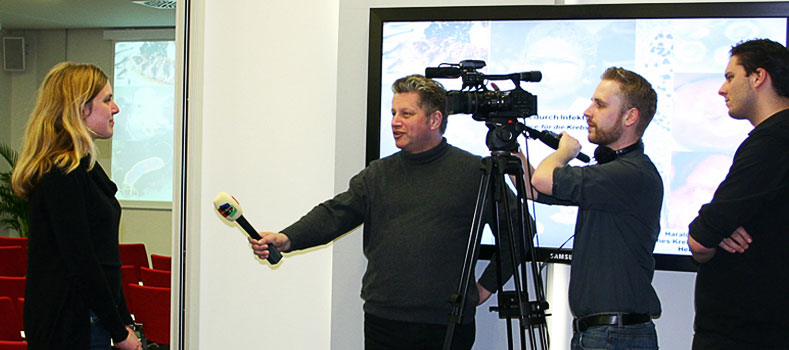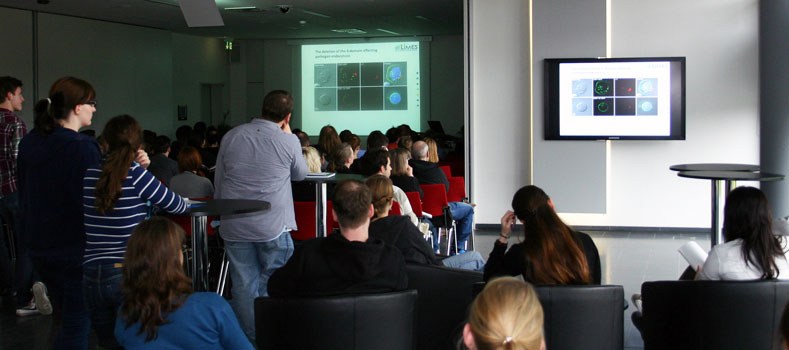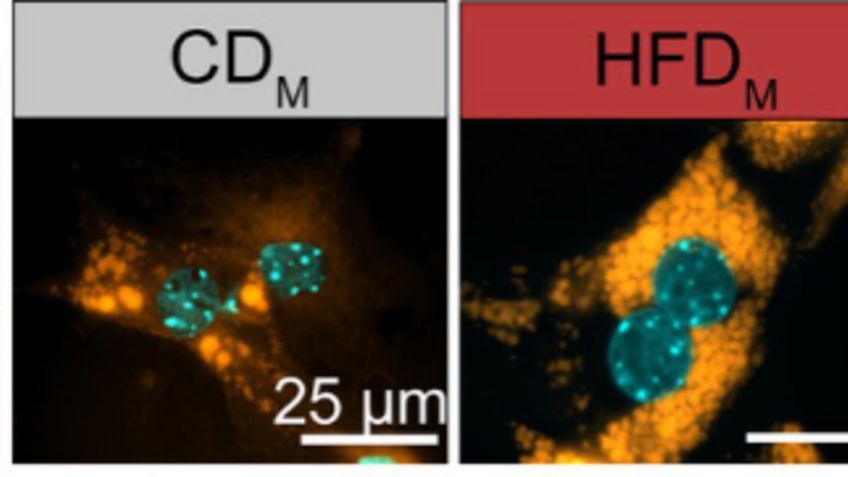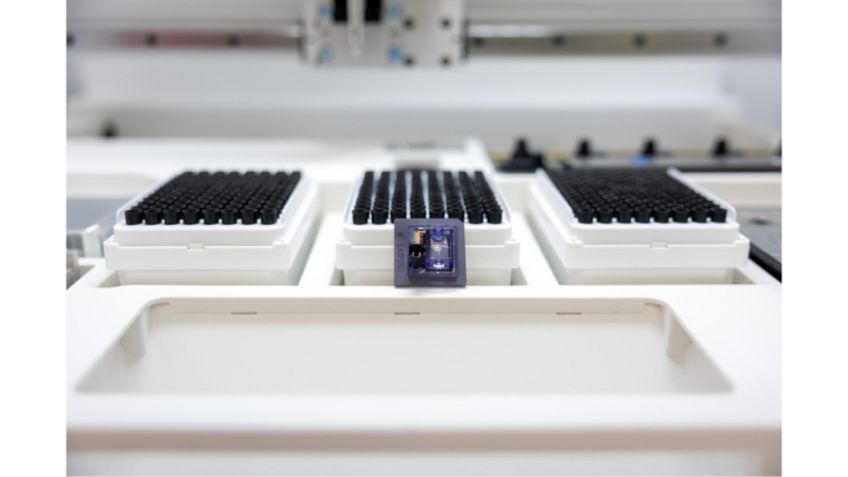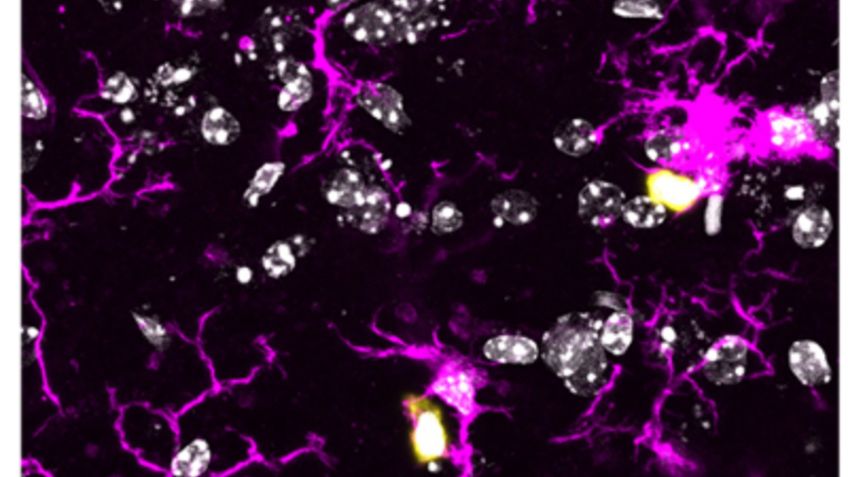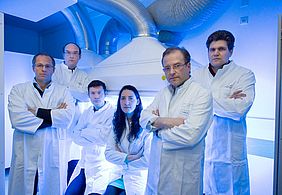An international team of researchers led by Prof. Thomas Tüting from the University Hospital of Bonn, with participation of the LIMES groups of Prof. Foerster and Prof. Kolanus have uncovered a new role of ultraviolet (UV) radiation in the development of melanoma (skin cancer). They found that UV rays are not only responsible for causing DNA damage in the skin, but that they also trigger an inflammatory response in surrounding tissue that further provokes the development of a malignant, metastatic tumor. Another important finding of the study, published in "Nature", is the elucidation of the underlying mechanism: The malignant melanoma cells are in fact altered by the UV-mediated inflammatory process allowing them to migrate along blood vessels to settle in other organs. So sun burns twice: UV-rays produce tumors - but also provide a "navigation system" and thus increase tumor aggressiveness. These findings also suggest that an anti-inflammatory therapy in melanoma could be successful.
Contact:
Prof. Dr. Waldemar Kolanus
Molecular Immunology and Cell Biology
Life and Medical Sciences Institute (LIMES)
Phone: +49 228 / 73 - 6 27 90
Email: wkolanus@uni-bonn.de
Website Kolanus Lab
Publication: Ultraviolet radiation-induced inflammation promotes angiotropism and metastasis in melanoma, Nature, DOI: 10.1038/nature13111
Commentary: Inflammation highlights the way to metastasis, Nature, DOI:10.1038/nature13062
